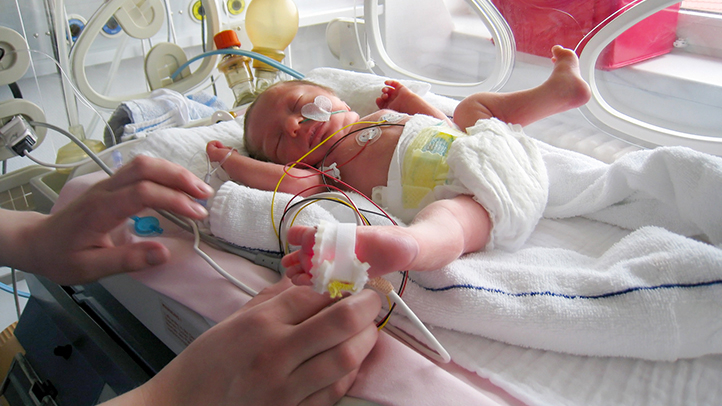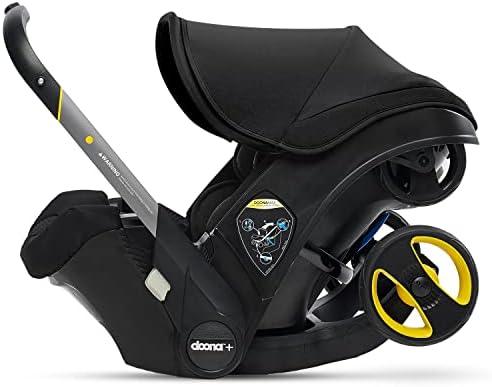What Is A Nicu Baby: Understanding Neonatal Intensive Care Units
When a baby is born prematurely or with a medical condition that requires specialized care, they may be admitted to the Neonatal Intensive Care Unit (NICU). This can be a challenging and emotional time for families, as they navigate the complexities of caring for a fragile newborn. In this article, we will delve into the world of NICU babies, exploring what it means to be a part of this unique environment and the care they receive.
Knowledge
First and foremost, it’s important to understand what exactly a NICU baby is. A NICU baby is a newborn infant who requires intensive medical attention due to prematurity, low birth weight, congenital abnormalities, or other health issues. These babies are often unable to thrive in a regular nursery setting and need round-the-clock care from a specialized team of healthcare professionals.
There are different levels of care within the NICU, ranging from Level I to Level IV, depending on the severity of the baby’s condition. Level I NICUs provide basic care for healthy newborns, while Level IV NICUs offer the highest level of care for critically ill or premature infants. The care provided in the NICU is tailored to each baby’s specific needs, with a focus on monitoring vital signs, providing nutrition, and addressing any medical issues that may arise.
The care team in the NICU is comprised of various healthcare professionals, including neonatologists, nurses, respiratory therapists, and social workers. These individuals work together to provide comprehensive care for NICU babies, addressing both their medical and emotional needs. Neonatologists oversee the medical care of the infants, while nurses play a crucial role in monitoring their progress and providing hands-on care. Respiratory therapists assist with breathing support, and social workers offer support to families during this challenging time.
Having a baby in the NICU can be a stressful and emotional experience for families. Parents may feel overwhelmed by the medical terminology, the constant beeping of machines, and the uncertainty of their baby’s condition. It’s important for healthcare professionals to provide support and guidance to families, helping them navigate the complexities of the NICU environment and cope with the challenges they may face.
Conclusion
In conclusion, NICU babies require specialized care due to their unique medical needs. The NICU environment can be both daunting and rewarding, as healthcare professionals work tirelessly to help these fragile infants thrive. The target audience for this article includes parents, caregivers, and healthcare professionals who are involved in the care of NICU babies. Understanding the challenges and complexities of the NICU can help families better cope with this difficult situation and ensure the best possible outcomes for their newborn.
Ultimately, the care provided in the NICU is essential for the health and well-being of these vulnerable infants. By shedding light on what it means to be a NICU baby, we can raise awareness of the importance of this specialized care and the impact it has on the lives of these tiny patients.






